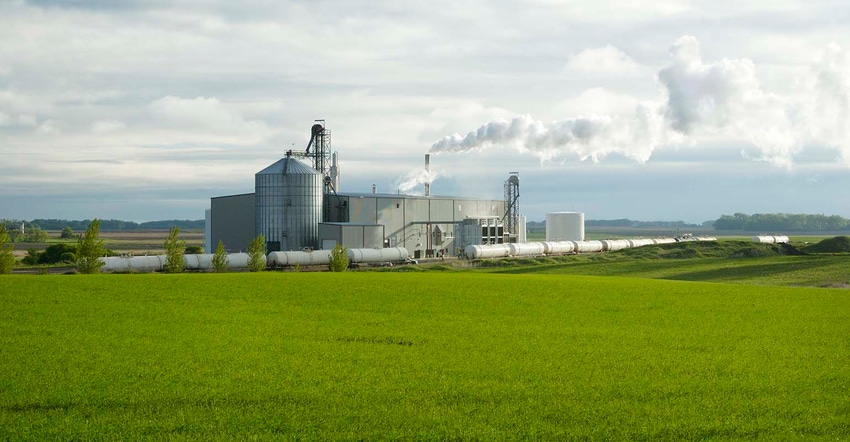July 1, 2020

A coalition of groups are challenging the Trump administration's recent fuel efficiency rule.
The legal challenge is being led by the National Farmers Union and it includes the Governors Biofuels Coalition, the Clean Fuels Department Coalition, the Environment and Energy Study Institute, several NFU state and regional divisions and the Urban Air Initiative.
The groups say the Trump administration's recent fuel efficiency rule downplays the harm from reduced emission standards, ignores the efficiency and health benefits of higher ethanol blends and fails to realize the promise of increased octane in gasoline.
What rule are we talking about?
The rule is known as Safer Affordable Fuel Efficiency Vehicle Rule, which was finalized on April 30, 2020, reversing an Obama-era rule that called for significant improvements in vehicle efficiency.
What does the Safer Affordable Fuel Efficiency Vehicle Rule call for?
It established a 1.5% increase in efficiency each year for light-duty vehicles, rather than the 5% increase in the previous rule. It was issued by the U.S. EPA and the National Highway Traffic Safety Administration. In the notice of proposed rulemaking, EPA requested information on octane levels and how they could be increased in accordance with the Clean Air Act, but ultimately failed to address these concerns in the final rule.
Why did the groups file a legal petition?
The groups filed a petition for review in the Superior Court of the District of Columbia in response to EPA’s failure to credibly consider and advance mid-level ethanol fuel blends as an alternative to conventional fuels.
“There is strong evidence that ethanol can improve fuel efficiency and reduce greenhouse gas emissions, all while providing new markets for farmers and bolstering rural economies,” said NFU President Rob Larew. “Given their benefits, NFU advocated a clear path to adoption of mid-level ethanol blends in our earlier comments – which EPA all but ignored. As such, NFU is well-positioned to advance this legal challenge against the agency.”
Additionally, in accordance with Title II of the Clean Air Act, EPA is required to reduce toxics in gasoline to the greatest extent possible as new technologies become available.
“It’s been shown by many studies that higher ethanol blends of fuel, such as E30, produce fewer pollutants and greenhouse gases than lower blends,” Minnesota Farmers Union President Gary Wertish said. “We’re calling on EPA once again to increase these blends, for cleaner air, better fuel efficiency and more reliance on American-grown fuels. We don’t need to wait for new technology because we already have the resources we need in biofuels.”
The petitioners believe this action will require EPA to defend a flawed cost-benefit analysis and faulty assumptions regarding the emissions and harm associated with the toxic and carcinogenic aromatic compounds refiners currently use for octane in conventional fuels.
Source: Minnesota Farmers Union, National Farmers Union, which is solely responsible for the information provided and is wholly owned by the source. Informa Business Media and all its subsidiaries are not responsible for any of the content contained in this information asset.
Read more about:
EthanolYou May Also Like




